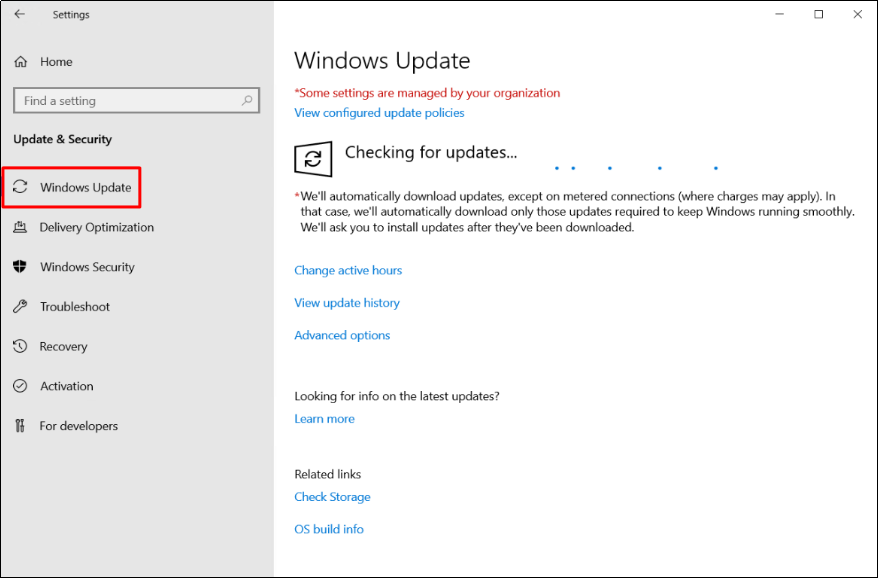VPS is safer than shared hosting as all VPS instances are isolated. However, it is still possible that the security of a VPS system can be compromised. If a VPS is hacked, the owner of the VPS can end up spending thousands of dollars with stolen personal and financial information, customer data loss, and destroyed website content. Therefore, it’s important to take necessary security measures to prevent those cyber threats. In this article, we’ll share 7 strategies that can secure your VPS from hackers, malware, and other threats.
1. Change Your Default SSH Login
Many VPS users connect to their servers via SSH. When you use this tool, there is a risk of becoming a victim of a brute-force attack. This is because the default port (Port 22 for SSH and Port 3389 for RDP connections) is common knowledge. If hackers want to find SSH servers, they will start probing IP addresses first on those default ports. Then, once they have their list of IP addresses with the default ports, they will start brute-force attacks. In that case, changing the default ports is a simple but useful step to protect your servers from those attacks. You can follow the steps in the video guide to practice the security measures on your Windows VPS and Linux VPS.
How to Change the SSH Port for a Linux Server: https://www.youtube.com/watch?v=_XR_wqHHEls
How to Change the RDP Port for Windows Server: https://www.youtube.com/watch?v=VE_XvzxGFWU
2. Use a strong password
As hackers become more resourceful, simple passwords are no longer a safe solution to secure your VPS accounts. We suggest using a minimum of eight characters, which should contain upper and lower case letters, numbers, and symbols. Besides that, a good password needs to be difficult for someone else to guess or crack. Therefore, it should not be something generic, like “password”. And it’d better not tie to your personal information.
3. Use The Latest Software Versions
Software providers will usually release software updates regularly. These updates often contain new features, fixes for bugs, security patches, and new security features. In order to secure your VPS, you might want to install those updates as soon as they’re available. For example, if you are using a Windows server, you can enter “Windows Update” in the search bar to check for Windows Updates and install them.

4. Monitor Your VPS Server Logs
Monitor any abnormal events such as authentication failures, failed uploads, errors, etc. These events can give you detailed information about activities happening on the server. If you perform the monitoring regularly, you would probably detect unusual activities in time and take necessary measures. Here we put together guides on how to check abnormalities on your Windows VPS or Linux VPS.
5. Enable System Firewall and close unnecessary ports
A firewall provides network security by filtering incoming and outgoing traffic based on user-defined rules. In general, the purpose of a firewall is to shield your network from malicious or unnecessary network traffic. You can set up your firewall to secure your VPS by following these guides –How to Restrict RDP Connections Access Scope in Windows Firewall, How to open port in firewall, How to block IP, and How to Block IP in Windows Firewall.
6. Perform Backups regularly
Back up the critical data to your local PC regularly. Many events such as system crashes, malware infections, and hard drive corruption & failure can cause inevitable data loss. Aside from these situations, you may also face the same problem when performing upgrades/downgrades. Owning a backup will enables you to restore your data in several clicks, giving you peace of mind.
Ideally, you should take backups outside the server, just in case something goes wrong with your server. Database Mart provides a Remote Data Center Backup service. They can back up your selected files in drive C to their backup servers in the remote data center. Get the service if you are interested in.
7. Use SSL Certificates For Everything
SSL certificates help create an encrypted channel between the server and client to secure your privacy. Having SSL, your privacy gets protected when you are transmitting documents, entering your login details, sending emails, etc. It will not only keep user data secure but also will convey trust to users. Users would know that their privacy is being taken care of when visiting your website. Here we provide many guides on SSL installation.



